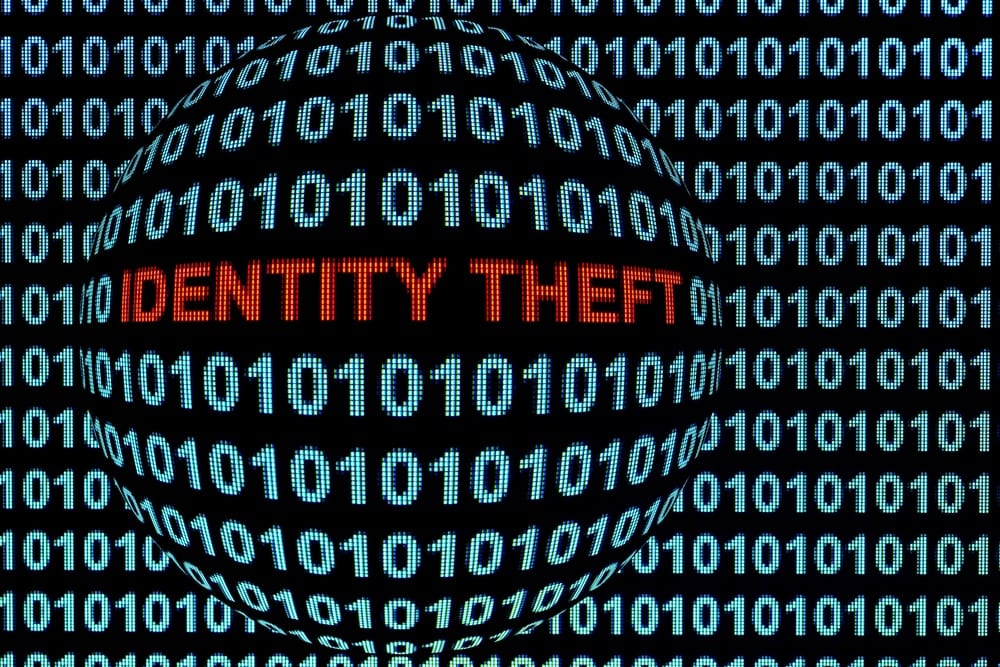While identity theft can happen to anyone, there are some things you can do to reduce your risk. If you think someone is using your personal information to open accounts, file taxes, or make purchases, it is advisable you lay complain before it endangers your identity.
In this article we will walk you through some important identity theft handling measures.
Identity theft has become a major predicament with identity thieves coming up with new ways to outshine their victims, and identity theft is definitely a crime that should concern us all. So, do you know how to make theft of your identity more difficult? You should not only consider taking steps to ensure your identity is secure; you should actually take some steps.
RKN Global recommends requesting a credit freeze from your credit bureau if you will not be needing credit for some period of time.
Making it hard for intruders to access your credit reports is the first step towards securing your identity. Call a credit bureau and request for a security or credit freeze. This means that the credit bureau will not release any information linked to your credit history which will result in credit being denied to any person who stole your identity. This is a big step, but if you know that you will not be seeking credit for some time, it can certainly help you sleep better.
Unfortunately, it’s impossible to prevent identity theft completely because so much of your data is outside of your control. If you have a bank account, you’re dependent on the bank’s security protection. If you use a credit card in a restaurant, you’re hoping the waiter doesn’t skim it once he’s out of your eyesight.
RKN Global recommends other practical steps which are less severe than freezing your credit information:
Avoid sharing your Social Security number, especially at hospitals and doctor’s offices. Personal finance expert Clark Howard has very simple advice: “Do not give a doctor’s office, hospital, lab or any medical facility your Social Security number on any form. Leave it blank.”
Only use your home computer for online banking and make sure you have anti-virus protection for it. Even more importantly, avoid opening attachments from suspicious emails or clicking on links in emails that direct you to websites asking for personal information. Those links might lead you to download software that will enable the fraudster to spy on your computer and obtain your online banking passwords or other personal information stored on your computer.
RKN Global reminds us that securing your identity can be helped by being more careful about what you share and with whom you share it.
Often the security of your account starts with the security questions you are required to answer when creating the account. You should be strategic when answering these questions especially those linked to your social media accounts. Avoid giving too much personal information and making it widely accessible which could make easier for the criminal to steal your identity.
RKN Global notes that with the serious threat posed by identity theft, you certainly need to be on the lookout for any suspicious transactions in your account even with the adequate security measures. More to that, be sure to safeguard your personal information such as account numbers and passwords. As much as these security steps do not guarantee that your identity will be safe, they will go a long way in minimizing the devastating effects caused by identity theft.




